We had some fun this week.
Our team, together with our extended Stock Hacker team and iWIN Real Estate team, came together and spent a day on the water at the Toronto Waterfront.
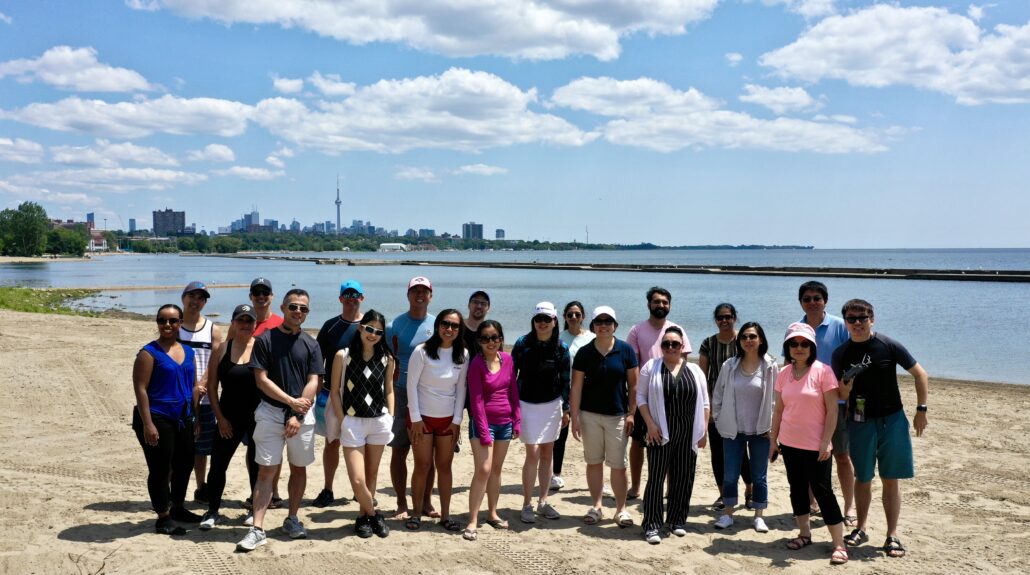
When I see the picture of our entire team, it triggered a moment of reflection for both Erwin and I.
We rarely get to see everyone all at the same time, so this is pretty much the first time most of us were included in a picture together.
I’m in awe how much we have grown, it reminds me of Drake’s song’s lyrics …. Started from the bottom, now we’re here.
It also reminds me of the great responsibility that we have. They are beyond just Erwin and I and our families.
We’re responsible for the clients we serve and our team members who make our businesses reality.
I’m beyond grateful for what we have built.
This would not have been possible without real estate investing. We would not have made the business moves without the security of our real estate investments.
Speaking of investments, many of you are using real estate investments as a tool to fight against inflation.
Government printing money = paper money declines in value = it costs more to buy groceries today than yesterday
One way to prevent our hard-earned money to lose its value in relation to our purchasing power is to invest in hard assets.
Hard assets include real estate, gold and other precious metal.
Some include bitcoin as the supply of bitcoin is limited. This is also the reason why the bitcoin price has increased substantially over the last little while and more people are starting to become bitcoin miners by setting up a cryptocurrency mining rig or crypto farm.
This is also the exact same reason why I’m buying a Hamilton duplex end of this month. Cash is losing its value every day. Hard assets or bitcoin, as a minimum, can store some value in the long run.
When I sell the property 10 years or 20 years down the road, the capital gain that I would make will be a combination of real capital appreciation + inflation.
Real appreciation comes from increase in demand of housing in the Greater Toronto Area.
Immigration number increases in the next decade
= more people who need housing near where there’re employment opportunities
= higher demand in housing
= increase in housing prices
= true appreciation of the house
Second component is inflation. Inflation is the decrease in the purchasing power of a currency.
When there is a general increase in price level, your dollar can buy less in aggregate.
The increase in the properties price, expressed in term of dollar figure, represent inflation.
They aren’t true appreciation of the properties. They just represent inflation, the lost of purchasing power in terms of dollar figure.
But…
When I sell the property in 10 years or 20 years down the road, I will be taxed on the entire appreciation.
In another words, I would be taxed in the true appreciation and the fake appreciation – the inflation part.
This is exactly what this article of Globe and Mail is referring to.
In this article Canadians are taxed on illusory capital gains, the author Tim Cestnick pointed out this exact problem.
Part of the capital appreciation that we get taxed on isn’t true appreciation. It’s just a representation of inflation.
As investors, we aren’t gaining anything at all. Why should we be paying tax on inflation?
The author is in the same opinion that we should not be taxed on the fake appreciation (the inflation), but rather, we should only be taxed on the amount of real appreciation.
He’s right.
He also pointed out that the proponent of current tax system would quickly point out that capital gains is only 50% taxable, not 100% taxable.
The proponents would suggest that because capital gain is only 50% taxable and the 50% non-taxable amount should be more than enough to cover the tax we pay on the fictional appreciation.
He did the math.
He calculated the after-tax return on a fictional investment adjusted for inflation rate of 2% and the return is 50% taxable with investment horizon of 10 years.
He then compared that to the after-tax return on the same investment in an inflation free environment but the return is 100% taxable with the same investment horizon.
The result is shocking.
The after-tax rates of return on both investments are the same, even though one is 50% taxable and the second one is 100% taxable. ☹
What’s the conclusion here?
Our tax system isn’t taxing us fairly. Even with capital gain taxation whereby only 50% of the return made is taxable, as Canadians, we’re still pocketing less with minimal inflation of 2%.
If inflation rate is higher, which many believe will happen in the next few years, our true after-tax return on investment will be substantially lower in 10 years return.
The 50% non-taxable portion of capital gain is simply not enough to cover what we would have to pay.
But…
Saving is always better than not saving.
Investing is always better than not investing.
We’re still investing, with or without tax, the money is still losing its value.
Until next time, happy Canadian Real Estate Investing.
Cherry Chan, CPA, CA
Your Real Estate Accountant
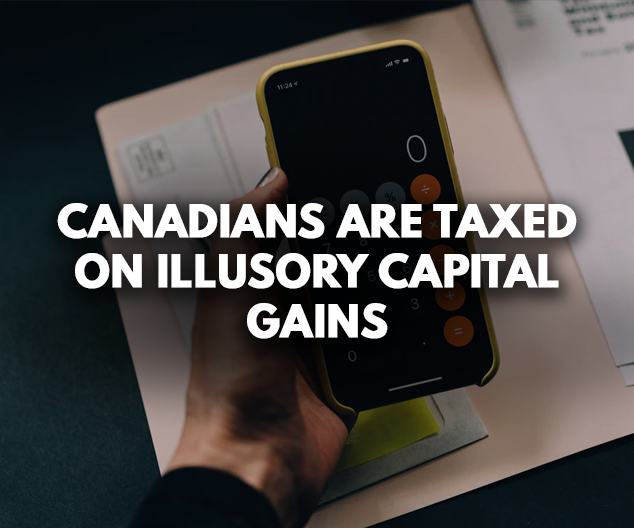


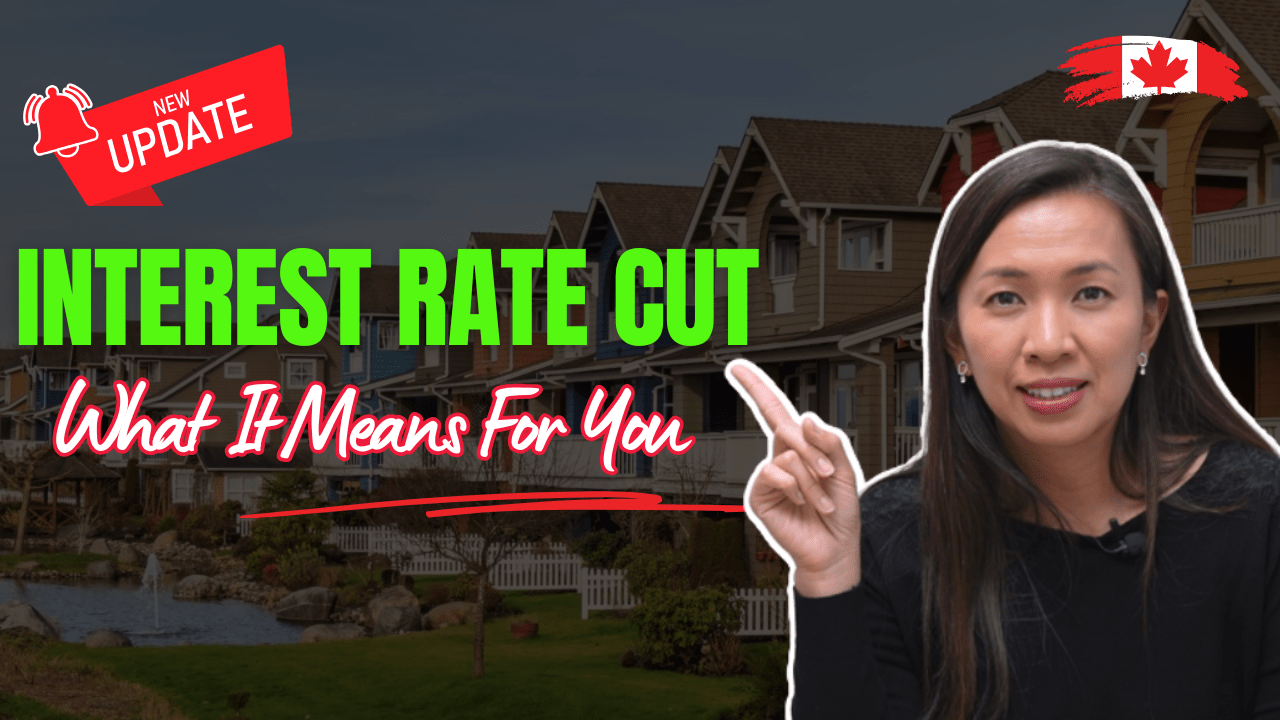
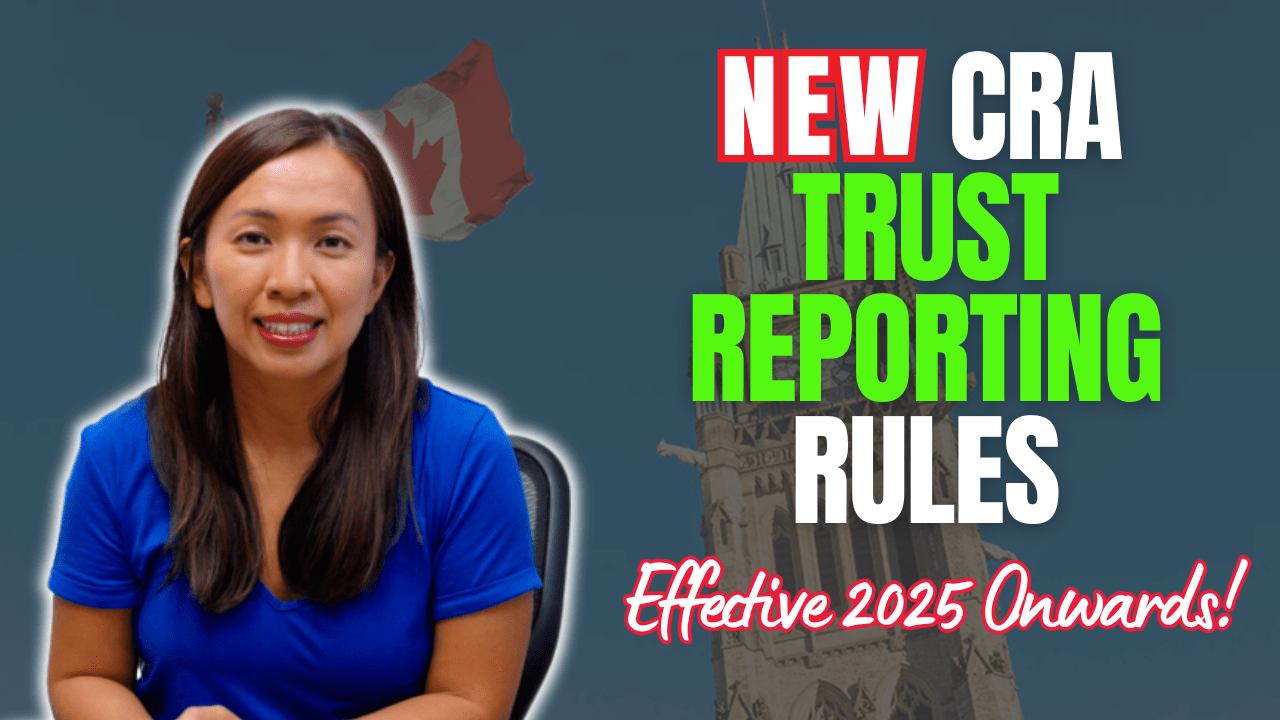
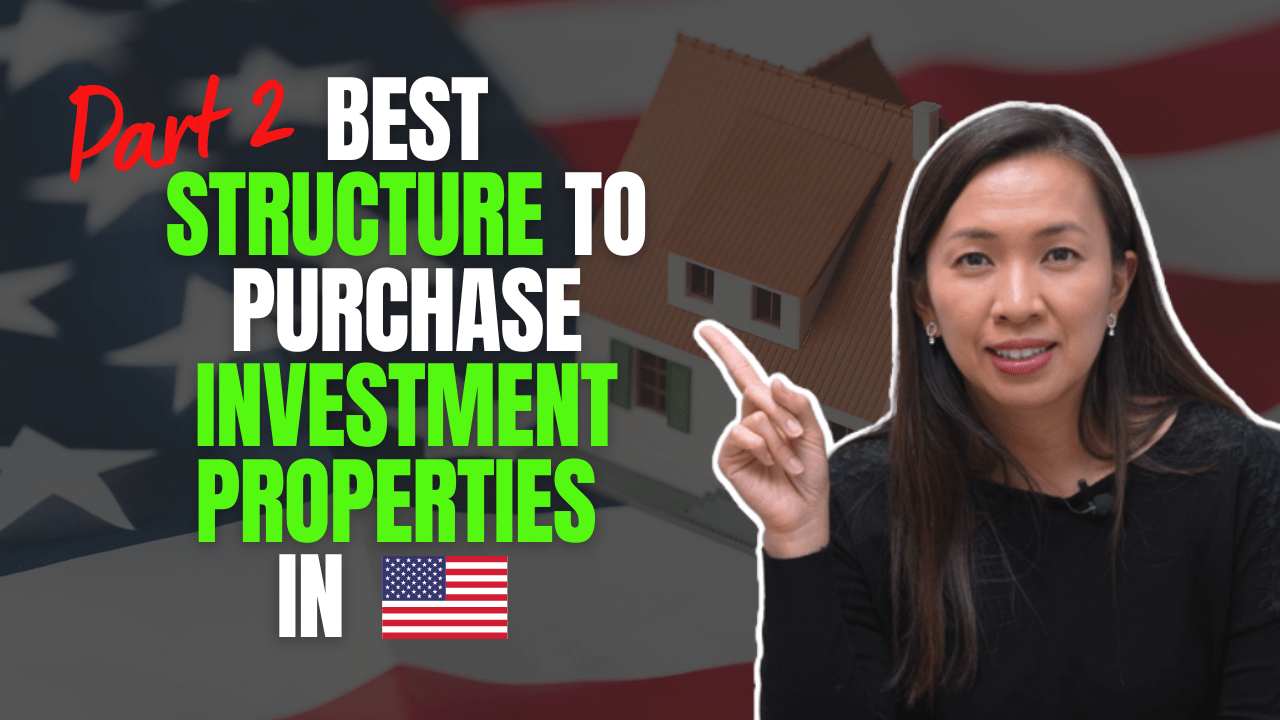
Murtaza Nalwala
Hi Cherry,
Can I use my RRSP and RIF funds set up my PREC? What would be the tax implications?
Norm Carr
You think you have been treated badly. You probably know but many Realtors don’t know, there is no such as capital gain for Realtors. Because we are in real estate, any gain is taxed as income. Now THAT is unfair
Cherry Chan
Norm, thanks for your comment.
If you are trading real estate, like flipping houses, yes, then profit you make would be considered as income, 100% taxable.
However, if you are simply buying long-term buy and hold rental properties, you’re still eligible to claim the profit you make from selling your rental properties as capital gain, 50% taxable.
Hope you had the proper advice.
Cherry Chan
You would not need to use your RRSP and RIF funds to setup your PREC.
Whether you should setup a PREC or not is based on individual circumstances.
Make sure you have a consultation before you make your decision.